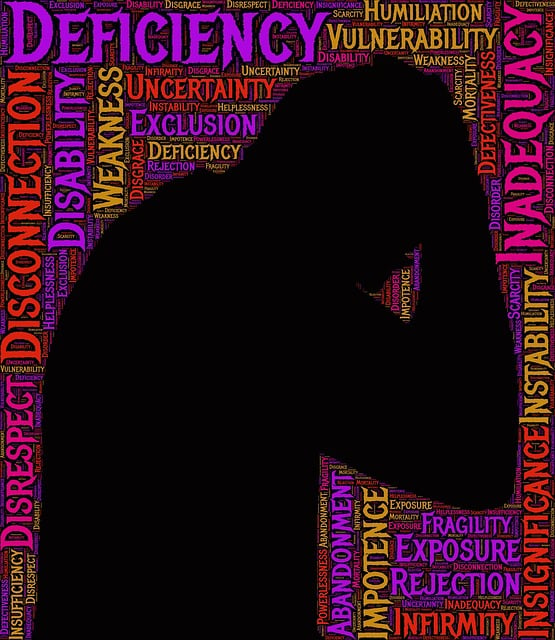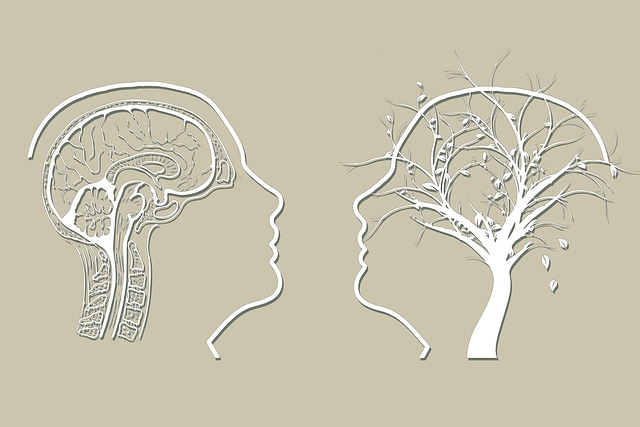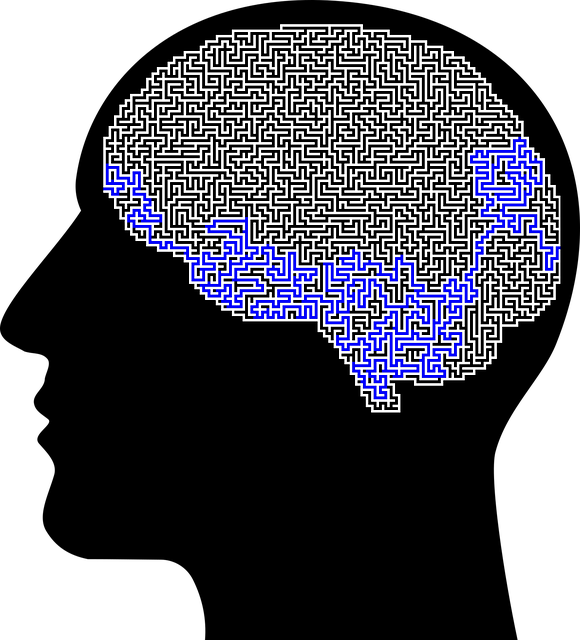Implementing effective Highlands Ranch Anger Management Therapy requires a community-centric approach. By assessing local needs, engaging residents, and collaborating with organizations, programs can address individual and systemic anger management issues. Targeted outreach considers demographics, while burnout prevention strategies tackle mental health concerns. Strategic partnerships, diverse service formats, evidence-based techniques, and robust evaluations ensure program success and sustainability, leading to lasting positive change in the community.
Community outreach programs play a pivotal role in addressing pressing issues within local communities, and Highlands Ranch Anger Management Therapy initiatives are no exception. This article explores the comprehensive process of implementing and optimizing these programs. From understanding community needs and identifying target audiences to designing engaging strategies, implementing best practices, and measuring impact, each step is crucial for successful delivery. By focusing on accessible and quality therapy services, Highlands Ranch can foster a more resilient and peaceful community.
- Understanding Community Needs: Identifying Gaps and Target Audiences for Highlands Ranch Anger Management Therapy Programs
- Designing Effective Outreach Strategies: Engaging the Community with Highlands Ranch Anger Management Therapy Services
- Implementing and Delivering Programs: Best Practices for Providing Accessible and Quality Anger Management Therapy in Highlands Ranch
- Measuring Impact and Sustainability: Evaluating Success, Building Long-Term Community Support for Highlands Ranch Anger Management Therapy Initiatives
Understanding Community Needs: Identifying Gaps and Target Audiences for Highlands Ranch Anger Management Therapy Programs

Understanding the unique needs of Highlands Ranch communities is a critical step in implementing effective Anger Management Therapy programs. By conducting thorough assessments and engaging with local residents, organizations can identify pressing issues related to anger management within specific neighborhoods or demographics. This process involves recognizing not only individual challenges but also systemic barriers that contribute to angry behaviors. For instance, certain areas might struggle with high stress levels due to proximity to busy highways or have limited access to mental health resources.
Targeted outreach is essential to ensuring that the right audiences benefit from these programs. Highlands Ranch Anger Management Therapy initiatives should consider age groups, cultural backgrounds, and socioeconomic factors to tailor their services accordingly. For example, self-awareness exercises designed for adolescents might differ significantly from those aimed at working adults. Additionally, recognizing healthcare providers’ burnout prevention strategies is vital as community outreach workers may need to collaborate with local medical centers to address underlying mental health concerns that often accompany chronic anger issues.
Designing Effective Outreach Strategies: Engaging the Community with Highlands Ranch Anger Management Therapy Services

Designing effective outreach strategies is key to engaging the community with Highlands Ranch Anger Management Therapy Services. Understanding the unique needs and cultural fabric of Highlands Ranch is essential for tailoring programs that resonate with residents. By incorporating local partnerships, such as schools, community centers, and faith-based organizations, therapists can expand their reach and accessibility. Using data-driven approaches to identify at-risk populations and areas for intervention allows for targeted outreach efforts.
One successful approach involves integrating emotional intelligence and compassion cultivation practices into the therapy framework. By teaching individuals skills in emotional regulation, therapists empower them to manage anger constructively. This not only benefits the individuals but also strengthens community bonds by fostering a culture of understanding and empathy. Through innovative programming and empathetic engagement, Highlands Ranch Anger Management Therapy Services strive to create lasting positive change in the community.
Implementing and Delivering Programs: Best Practices for Providing Accessible and Quality Anger Management Therapy in Highlands Ranch

Implementing effective community outreach programs for anger management therapy in Highlands Ranch requires a strategic and inclusive approach to ensure accessibility and quality care. The first step is to partner with local organizations, such as schools, community centers, and mental health non-profits, to identify at-risk populations. By collaborating closely with these entities, program organizers can gain insights into the unique needs of the Highlands Ranch community, allowing for tailored interventions. Customization is key; offering specialized services for youth, adults, or specific cultural groups ensures relevance and engagement.
Accessibility is paramount in delivering successful anger management therapy. Programs should be available through various formats, including group sessions, individual counseling, and online platforms, to cater to diverse preferences and schedules. Incorporating evidence-based techniques like cognitive-behavioral therapy (CBT) and mindfulness practices enhances the effectiveness of these programs. Additionally, promoting mental wellness by integrating stress reduction methods and depression prevention strategies can significantly benefit participants, fostering a holistic approach to anger management that extends beyond immediate emotional control.
Measuring Impact and Sustainability: Evaluating Success, Building Long-Term Community Support for Highlands Ranch Anger Management Therapy Initiatives

Measuring the impact of community outreach programs is paramount to ensure their success and sustainability. By implementing robust evaluation strategies, organizations can assess the effectiveness of Highlands Ranch Anger Management Therapy initiatives in mitigating anger-related issues within the community. This involves tracking participant progress through regular assessments, gathering feedback, and measuring behavioral changes over time. Key performance indicators (KPIs) such as reduced incidences of anger-fueled conflicts, improved empathy building strategies, and enhanced stress reduction methods can serve as valuable metrics for gauging success.
Sustainable community support is fostered when program benefits are clearly demonstrated and residents see tangible improvements in their lives. Engaging the community through feedback sessions, awareness campaigns, and educational workshops helps build buy-in and encourages ongoing participation. By integrating Conflict Resolution Techniques and Empathy Building Strategies into these initiatives, Highlands Ranch Anger Management Therapy programs can foster a sense of collective well-being and resilience, ultimately leading to long-term positive outcomes for all involved.
Implementing community outreach programs for Highlands Ranch Anger Management Therapy requires a strategic approach that involves understanding local needs, designing engaging strategies, and delivering quality services. By identifying gaps in mental health support and targeting specific audiences, these programs can effectively reach those in need. Best practices ensure accessibility and foster long-term community engagement. Continuous evaluation allows for measuring impact and securing sustained support, ultimately enhancing the well-being of Highlands Ranch residents.














